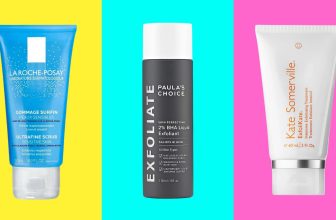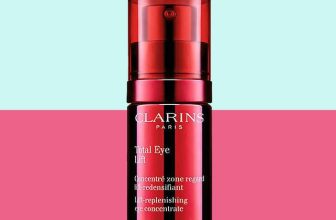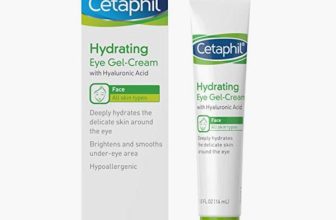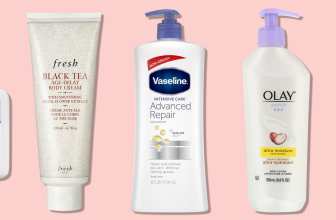Over Moisturized Tattoo Risks
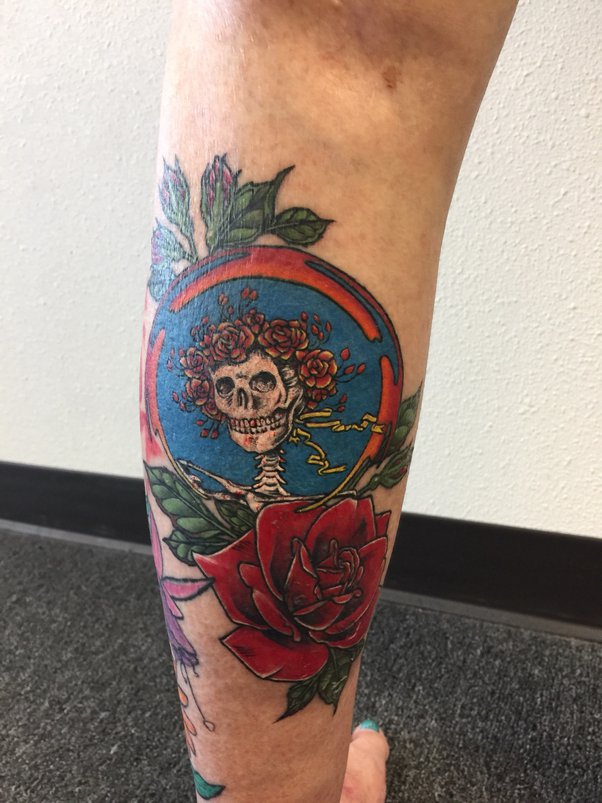
If your tattoo is over moisturized, it can hinder the healing process and cause issues. Over-moisturizing can lead to excessive scabbing, fading of colors, and even infection.
Over Moisturized Tattoo Risks Proper care and balance in moisturizing are crucial for optimal tattoo healing and appearance. Let’s explore the reasons behind over-moisturized tattoos and how to rectify this situation effectively.
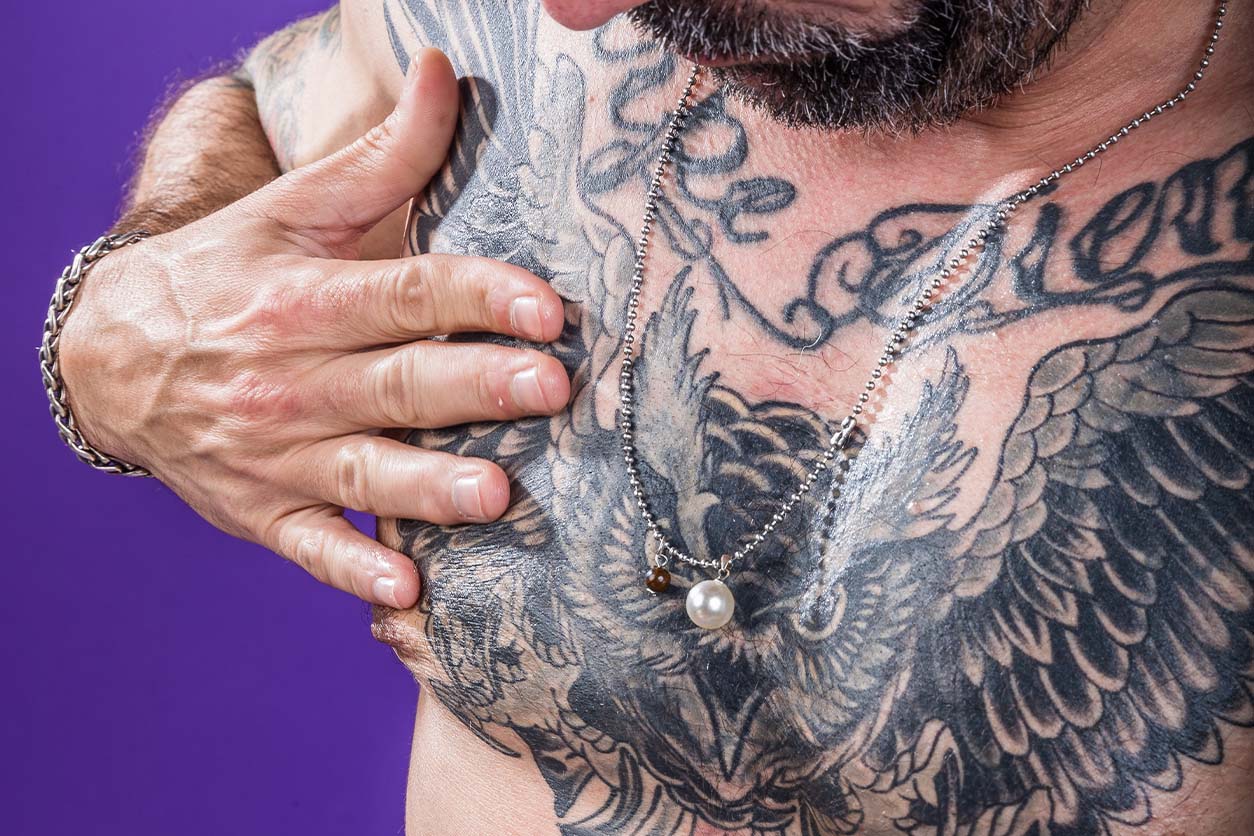
Introduction To Tattoo Moisturizing
Moisturizing your tattoo is an essential aspect of aftercare that promotes healing and preservation of the tattoo’s vibrancy. Proper moisturizing not only enhances the appearance of the tattoo but also contributes to its longevity. Understanding the significance of moisturizing, as well as the common mistakes to avoid, is crucial for maintaining the quality of your tattoo.
Why Moisturizing Your Tattoo Is Crucial
Moisturizing your tattoo is crucial for preventing dryness and itchiness, which can lead to scabbing and potentially affect the overall appearance of the tattoo. It also aids in the healing process by keeping the skin hydrated and promoting cell regeneration. Additionally, regular moisturizing helps preserve the color and clarity of the tattoo, preventing fading and maintaining its visual appeal over time.
Common Moisturizing Mistakes
- Over-moisturizing: Applying excessive amounts of moisturizer can suffocate the tattoo, leading to potential issues such as clogged pores and delayed healing.
- Using the wrong type of moisturizer: Certain lotions or creams may contain ingredients that are harsh on the tattooed skin, causing irritation and compromising the healing process.
- Inconsistent moisturizing: Failing to maintain a regular moisturizing routine can result in dryness, flakiness, and diminished color vibrancy of the tattoo.
Identifying Over Moisturization
Signs Of Excessive Moisture On Tattoos
1. Shiny or greasy appearance on the tattooed area.
2. Persistent wetness or stickiness on the skin surface.
3. Prolonged redness or irritation around the tattoo.
Immediate Effects On Ink And Skin
1. Blurring of tattoo lines and designs due to excess ointment.
2. Increased risk of developing skin infections.
3. Delayed healing process for the tattooed skin.
Risks Associated With Over Moisturized Tattoos
Over moisturizing a tattoo can lead to several risks and complications that can affect the overall appearance and health of the tattoo. It’s important to understand the potential risks associated with excessive moisture to ensure the proper care and maintenance of your tattoo.
Infection Risks From Excessive Moisture
Over moisturizing can create an environment conducive to bacterial growth, increasing the risk of infection. When the skin is excessively moist, it can become a breeding ground for bacteria, which may lead to infections. This can result in redness, swelling, and tenderness around the tattooed area.
Impact On Tattoo Clarity And Color
Excessive moisture can negatively impact the clarity and vibrancy of a tattoo. When the skin is overly moisturized, it can cause the ink to spread, leading to blurred lines and faded colors. This can result in the loss of sharpness and definition of the tattoo design.
Proper Tattoo Aftercare Techniques
Proper tattoo aftercare is crucial to avoid an over-moisturized tattoo. Applying a thin layer of lotion helps prevent excess moisture buildup, promoting optimal healing. Ensure your tattoo remains hydrated without drowning it in moisturizer.
Getting a tattoo is a thrilling experience, but it comes with the responsibility of taking proper care of it. Neglecting aftercare can lead to over-moisturized tattoos, which can cause damage to the skin and affect the tattoo’s appearance. In this blog post, we will discuss the proper tattoo aftercare techniques to ensure your tattoo stays healthy and vibrant for years to come.
Choosing The Right Moisturizer
Choosing the right moisturizer is crucial in preventing over-moisturized tattoos. Look for a fragrance-free and dye-free moisturizer that is specifically designed for tattoos. Avoid using petroleum-based products, as they can clog pores and cause breakouts. Shea butter, cocoa butter, and coconut oil are excellent natural alternatives to petroleum-based products.
Correct Application Methods
Correct application methods are essential to prevent over-moisturized tattoos. Apply a thin layer of moisturizer on your tattoo after washing it with lukewarm water and a mild soap. Gently pat your tattoo dry with a clean towel, then apply the moisturizer. Avoid applying too much moisturizer, as it can clog pores and cause breakouts.
Other Aftercare Tips
In addition to choosing the right moisturizer and correct application methods, there are other aftercare tips you should follow to ensure your tattoo heals properly. Here are some of them:
- Avoid swimming, soaking, or exposing your tattoo to direct sunlight for at least two weeks after getting it.
- Avoid wearing tight clothing that may rub against your tattoo.
- Avoid picking or scratching your tattoo as it heals.
- Apply sunscreen to your tattoo whenever you go outside to prevent fading.
- Stay hydrated and eat a healthy diet to promote skin healing.
In conclusion, taking proper care of your tattoo is crucial in maintaining its appearance and preventing over-moisturized tattoos. Follow these proper tattoo aftercare techniques to ensure your tattoo stays healthy and vibrant for years to come.
Balancing Moisture Levels
A new tattoo requires proper aftercare to ensure that it heals correctly and looks as good as possible. One of the most critical aspects of tattoo aftercare is keeping the right moisture levels. While it is important to moisturize your tattoo, over moisturizing can be just as bad as under moisturizing. In this post, we will discuss how to balance moisture levels to keep your tattoo looking its best.
How Often To Moisturize
Moisturizing your tattoo is essential to keep it from drying out and to help it heal correctly. However, moisturizing too often can lead to over-moisturization. It is generally recommended to moisturize your tattoo 2-3 times a day for the first few days after getting it. After that, you can reduce it to once a day, but continue to moisturize for at least two weeks.
Signs Your Tattoo Needs Moisture
Even with the right aftercare, it is still possible for your tattoo to become too dry or too moist. Here are some signs that your tattoo may need more moisture:
- Your tattoo feels tight or itchy
- Your tattoo is flaking or peeling
- Your tattoo looks dull or faded
If you notice any of these signs, it is essential to moisturize your tattoo. However, be careful not to overdo it, as too much moisturizer can have the opposite effect and cause your tattoo to become over-moisturized.
Keeping the right moisture levels is crucial to ensure your tattoo heals correctly and looks its best. Remember to moisturize your tattoo regularly, but be careful not to overdo it. If you notice any signs that your tattoo is too dry or too moist, adjust your moisturizing routine accordingly. With the right aftercare, your tattoo will look great for years to come.
Expert Advice On Tattoo Care
When it comes to getting a new tattoo, taking care of it properly is crucial for ensuring it heals well and looks vibrant for years to come. Over moisturized tattoos can lead to a range of issues, including blurred lines, excessive scabbing, and color loss. To help you navigate the proper care for your new ink, here’s some expert advice on tattoo care.
Tips From Professional Tattoo Artists
- Keep it Clean: Wash your tattoo gently with mild, fragrance-free soap and lukewarm water.
- Moisturize Moderately: Apply a thin layer of tattoo-specific moisturizer to keep the skin hydrated but avoid over moisturizing.
- Protect from Sun: Shield your tattoo from direct sunlight and apply a high SPF sunscreen when exposed to the sun.
- Avoid Swimming: Refrain from swimming in pools, hot tubs, or the ocean until your tattoo is fully healed.
- Listen to Your Artist: Follow the aftercare instructions provided by your tattoo artist for the best results.
Dermatologist Recommendations For Skin Care
- Gentle Cleansing: Use a mild, unscented cleanser to wash your tattooed skin to prevent irritation.
- Hydrate Wisely: Opt for a fragrance-free, non-comedogenic moisturizer to keep your tattooed skin moisturized without clogging pores.
- Protect from UV Rays: Shield your tattoo from the sun’s harmful rays by wearing protective clothing and applying broad-spectrum sunscreen.
- Avoid Irritants: Steer clear of harsh chemicals, perfumes, and exfoliants on your tattooed skin to prevent irritation and color fading.
- Seek Professional Help: If you notice any signs of infection or unusual reactions, consult a dermatologist promptly.
Avoiding Common Tattoo Healing Complications
When getting a tattoo, proper aftercare is essential to prevent issues like over-moisturization. Excessive use of moisturizer can lead to problems such as itching, flaking, scarring, and blowouts. Here, we’ll discuss how to avoid these common healing complications.
Dealing With Itching And Flaking
To prevent itching and flaking, avoid over-moisturizing your tattoo. Use a thin layer of unscented lotion to keep the skin hydrated without suffocating it. If itching occurs, gently tap or pat the area instead of scratching to avoid damaging the tattoo.
Preventing Scarring And Blowouts
Ensure your tattoo artist uses proper techniques to minimize the risk of scarring and blowouts. Follow the aftercare instructions provided by your artist to promote healing and reduce the chances of complications. Avoid exposing your tattoo to direct sunlight, as it can cause fading and increase the risk of scarring.
Long-term Tattoo Maintenance
Long-term tattoo maintenance is crucial for preserving the vibrancy and integrity of your ink. Over moisturized tattoos can present a unique set of challenges, requiring thoughtful care to ensure the longevity of the artwork. Understanding the nuances of long-term tattoo maintenance, including routine care and knowing when to seek professional help, is essential for keeping your tattoo looking its best for years to come.
Routine Care For Tattoo Longevity
Effective long-term care for a tattoo involves striking a delicate balance between adequate moisturization and preventing over-moisturization. Regularly moisturizing your tattoo with a high-quality, fragrance-free lotion is key. Always opt for products specifically designed for tattoo aftercare to avoid potential adverse reactions.
- Apply a thin layer of lotion to the tattooed area after washing it gently with mild soap and water.
- Protect your tattoo from prolonged sun exposure by using sunscreen with a high SPF rating.
- Avoid soaking the tattoo in water for extended periods, as this can lead to over-hydration and affect the ink’s longevity.
When To Seek Professional Help
If you notice excessive peeling, redness, or other signs of irritation that persist despite diligent care, it may be time to seek professional assistance. Consult a reputable tattoo artist or dermatologist if you have concerns about the condition of your tattoo. Early intervention can prevent potential long-term damage and ensure the continued beauty of your ink.
Frequently Asked Questions
How Do You Know If You’ve Over A Moisturized Tattoo?
If your tattoo feels constantly wet or slick, it may be over-moisturized. Look for excessive shine and stickiness.
Can You Over Hydrate A Healing Tattoo?
Yes, over-hydrating a healing tattoo can cause issues. Avoid excessive moisture to prevent complications.
Should I Let My Tattoo Dry Out Or Keep It Moisturized?
Keep your tattoo moisturized to prevent dryness and promote healing. Dry tattoos can lead to scabbing and fading.
What Happens If You Put Too Much Aquaphor On A Tattoo?
Applying too much Aquaphor on a tattoo can clog pores, leading to infection and delayed healing. It’s crucial to use a thin layer as directed to avoid these issues.
Conclusion
In caring for your tattoo, finding the right balance of moisturization is crucial. Over-moisturizing can lead to blurred lines and faded colors. It’s important to follow the aftercare instructions provided by your tattoo artist. By keeping your tattoo properly moisturized, you can ensure its long-lasting vibrancy and clarity.



